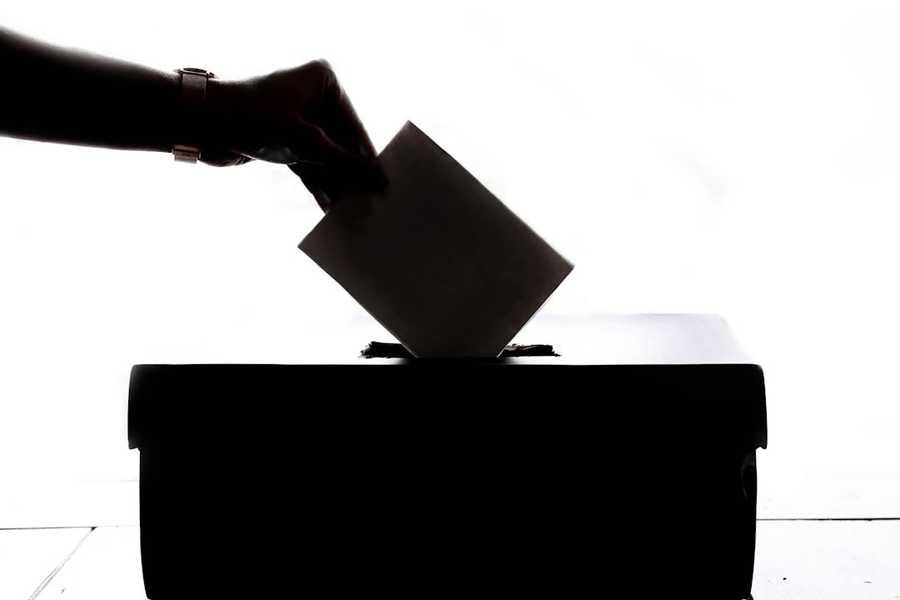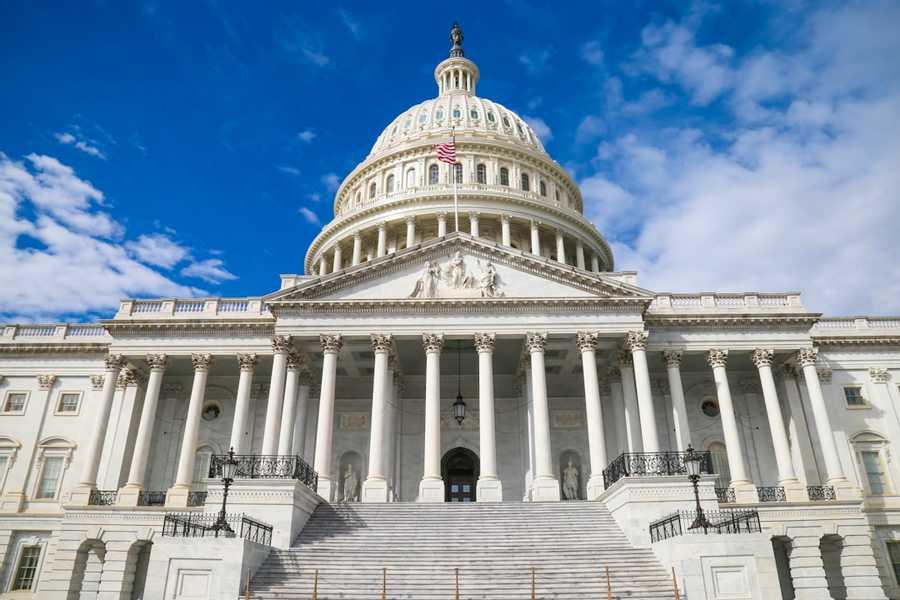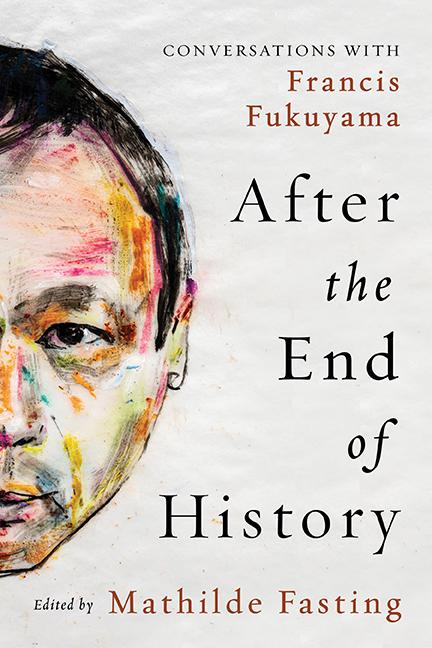Government & History
- Since men love freedom, and the freedom of individuals in society requires some regulation of conduct, the first condition of freedom is its limitation; make it absolute and it dies in chaos. So the prime task of government is to establish order; organized central force is the sole alternative to incalculable and disruptive force in private hands. Power naturally converges to a center, for it is ineffective when divided, diluted, and spread.
- Monarchy seems to be the most natural kind of government. If we were to judge forms of government from their prevalence and duration in history we should have to give the palm to monarchy; democracies, by contrast, have been hectic interludes.
- When it is hereditary it is likely to be more prolific of stupidity, nepotism, irresponsibility, and extravagance than of nobility or statesmanship
- The complexity of contemporary states seems to break down any single mind that tries to master it.
- Hence most governments have been oligarchies—ruled by a minority, chosen either by birth, as in aristocracies, or by a religious organization, as in theocracies, or by wealth, as in democracies.
- If the majority of abilities is contained in a minority of men, minority government is as inevitable as the concentration of wealth; the majority can do no more than periodically throw out one minority and set up another.
- In some cases outworn and inflexible institutions seem to require violent overthrow. But in most instances the effects achieved by the revolution would apparently have come without it through the gradual compulsion of economic developments
- Since wealth is an order and procedure of production and exchange rather than an accumulation of (mostly perishable) goods, and is a trust (the “credit system”) in men and institutions rather than in the intrinsic value of paper money or checks, violent revolutions do not so much redistribute wealth as destroy it. There may be a redivision of the land, but the natural inequality of men soon re-creates an inequality of possessions and privileges, and raises to power a new minority with essentially the same instincts as in the old. The only real revolution is in the enlightenment of the mind and the improvement of character, the only real emancipation is individual, and the only real revolutionists are philosophers and saints.
- Democracy is the most difficult of all forms of government, since it requires the widest spread of intelligence, and we forgot to make ourselves intelligent when we made ourselves sovereign. Education has spread, but intelligence is perpetually retarded by the fertility of the simple. A cynic remarked that “you mustn’t enthrone ignorance just because there is so much of it.” However, ignorance is not long enthroned, for it lends itself to manipulation by the forces that mold public opinion. It may be true, as Lincoln supposed, that “you can’t fool all the people all the time,” but you can fool enough of them to rule a large country.
- Democracy is today sounder than ever before. It has defended itself with courage and energy against the assaults of foreign dictatorship, and has not yielded to dictatorship at home. But if war continues to absorb and dominate it, or if the itch to rule the world requires a large military establishment and appropriation, the freedoms of democracy may one by one succumb to the discipline of arms and strife. If race or class war divides us into hostile camps, changing political argument into blind hate, one side or the other may overturn the hustings with the rule of the sword. If our economy of freedom fails to distribute wealth as ably as it has created it, the road to dictatorship will be open to any man who can persuasively promise security to all; and a martial government, under whatever charming phrases, will engulf the democratic world.
4
4 reads
CURATED FROM
IDEAS CURATED BY
The idea is part of this collection:
Learn more about books with this collection
How to avoid email overload
How to organize your inbox
How to write effective emails
Related collections
Similar ideas to Government & History
Democracy
Democracy is a form of government in which the people have the authority to choose their governing legislators.
Emphasis on:
- freedom of assembly & speech
- inclusiveness and equality (minority rights)
Government
A government is the system of a group of people governing an organized community.
It consists of:
- Legislature (make laws)
After the End of History
Intimate access to the mind of Francis Fukuyama and his reflections on world politics, his life and career, and the evolution of his thought
In his 1992 best-selling book The End of History and the Last Man, American political scientist Francis Fukuyama argued that the domi...
Read & Learn
20x Faster
without
deepstash
with
deepstash
with
deepstash
Personalized microlearning
—
100+ Learning Journeys
—
Access to 200,000+ ideas
—
Access to the mobile app
—
Unlimited idea saving
—
—
Unlimited history
—
—
Unlimited listening to ideas
—
—
Downloading & offline access
—
—
Supercharge your mind with one idea per day
Enter your email and spend 1 minute every day to learn something new.
I agree to receive email updates


